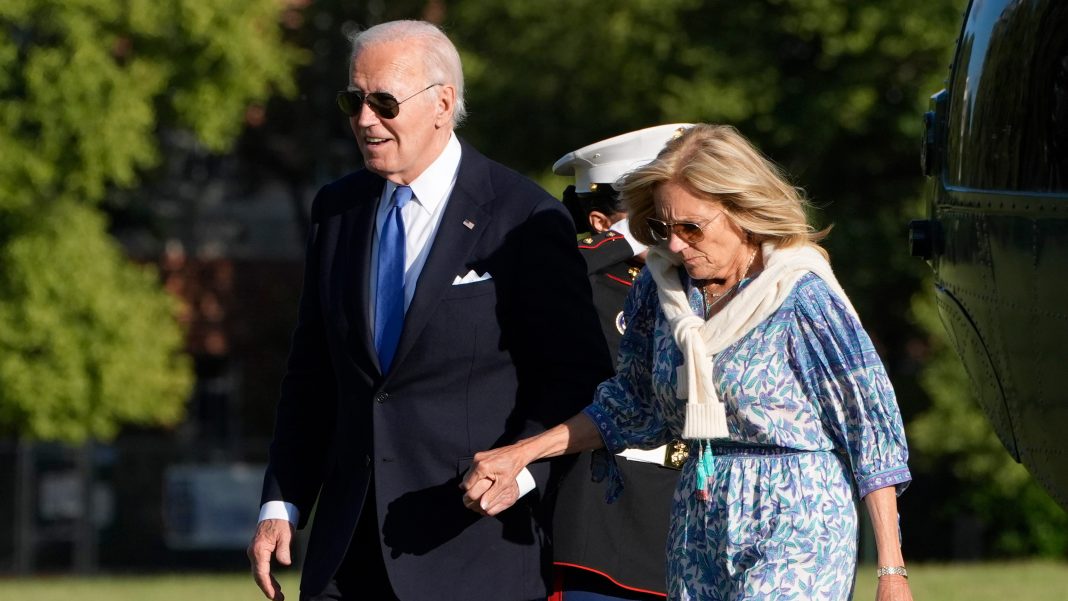 ‘Morning Joe’ host Joe Scarborough recently made a bold claim, suggesting that there is a deliberate “hate campaign” aimed at mispronouncing Senator Kamala Harris’ name. This accusation sparked a heated debate and raised questions about the importance of correctly pronouncing people’s names, particularly those from diverse backgrounds.
‘Morning Joe’ host Joe Scarborough recently made a bold claim, suggesting that there is a deliberate “hate campaign” aimed at mispronouncing Senator Kamala Harris’ name. This accusation sparked a heated debate and raised questions about the importance of correctly pronouncing people’s names, particularly those from diverse backgrounds.
In recent years, there has been a growing awareness and emphasis on cultural sensitivity and inclusivity. One aspect of this is respecting and pronouncing individuals’ names correctly. Names hold significant meaning and are often deeply rooted in one’s cultural identity. Mispronouncing a person’s name can be seen as disrespectful and dismissive of their heritage.
Senator Kamala Harris, as the first woman of South Asian and African-American descent to be nominated for Vice President by a major political party, has faced significant scrutiny and criticism throughout her career. Scarborough’s claim suggests that mispronouncing her name intentionally is part of a larger effort to undermine her candidacy and portray her in a negative light.
While it is difficult to prove the existence of a deliberate “hate campaign,” Scarborough’s assertion highlights the broader issue of name mispronunciation and its implications. Studies have shown that mispronouncing someone’s name can lead to feelings of exclusion, embarrassment, and even discrimination. It can also perpetuate stereotypes and reinforce biases.
In a multicultural society like the United States, where diversity is celebrated, it is crucial to make an effort to pronounce names correctly. This not only demonstrates respect for individuals’ backgrounds but also fosters a sense of belonging and inclusivity. It is a basic yet powerful way to acknowledge and validate someone’s identity.
Moreover, mispronouncing names can have real-world consequences beyond personal discomfort. In professional settings, mispronunciations can hinder career advancement and networking opportunities. In educational settings, mispronunciations can affect students’ self-esteem and engagement in the classroom.
To address this issue, it is essential for individuals to educate themselves on proper name pronunciation. It is not enough to assume or guess; it is important to ask individuals how they prefer their names to be pronounced and make a genuine effort to learn and remember. It may take time and practice, but the impact is significant.
Additionally, organizations and institutions should prioritize cultural competence training, which includes guidelines on respectful name pronunciation. By creating a culture of inclusivity and awareness, they can foster an environment where everyone’s identity is valued and respected.
In conclusion, Joe Scarborough’s claim about a deliberate “hate campaign” to mispronounce Kamala Harris’ name draws attention to a larger issue of name mispronunciation and its implications. Pronouncing names correctly is not only a matter of respect but also an opportunity to promote inclusivity and cultural sensitivity. By making the effort to learn and remember individuals’ names, we can create a society that values diversity and celebrates the richness of different cultures.


